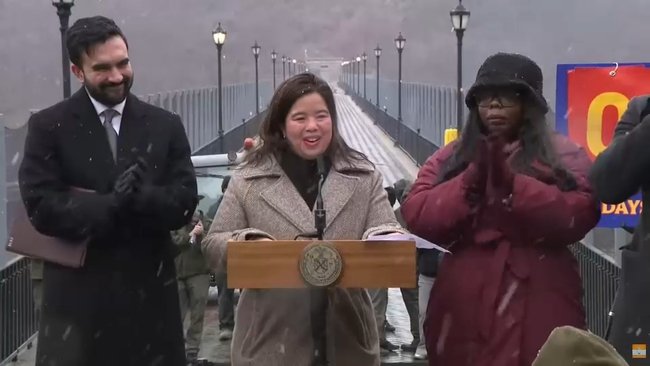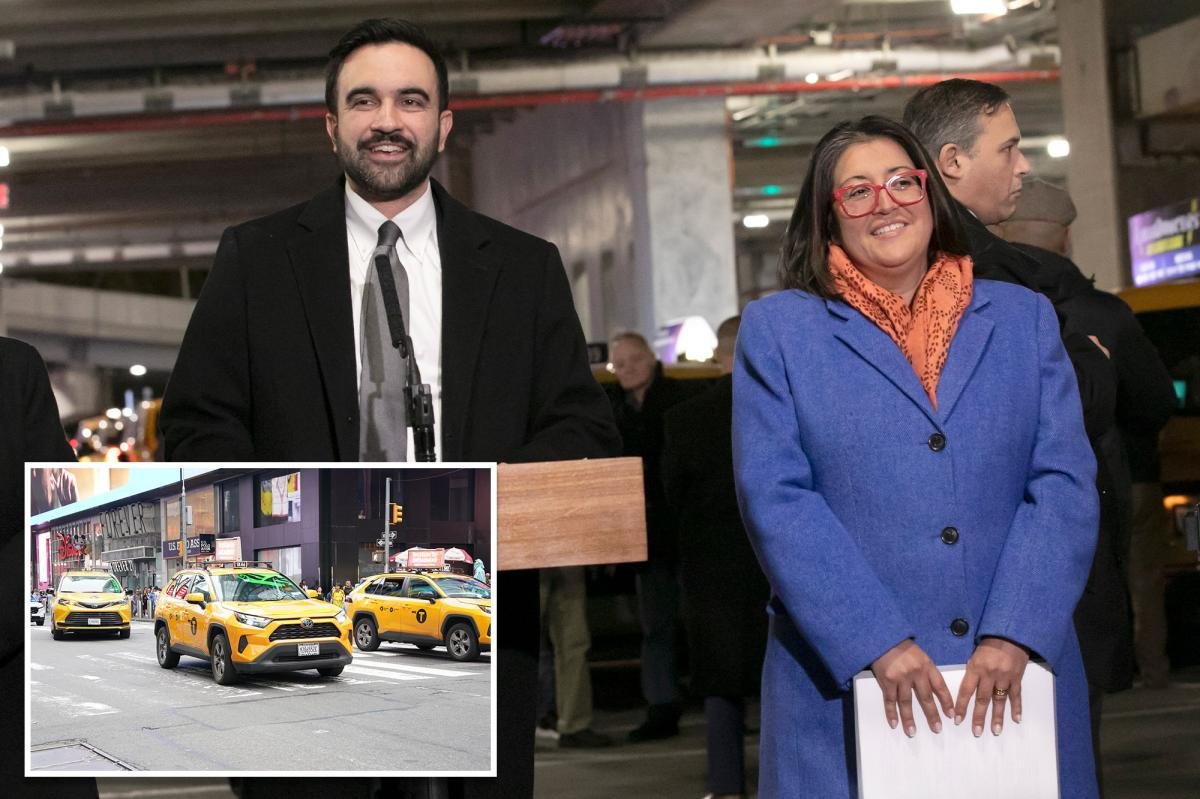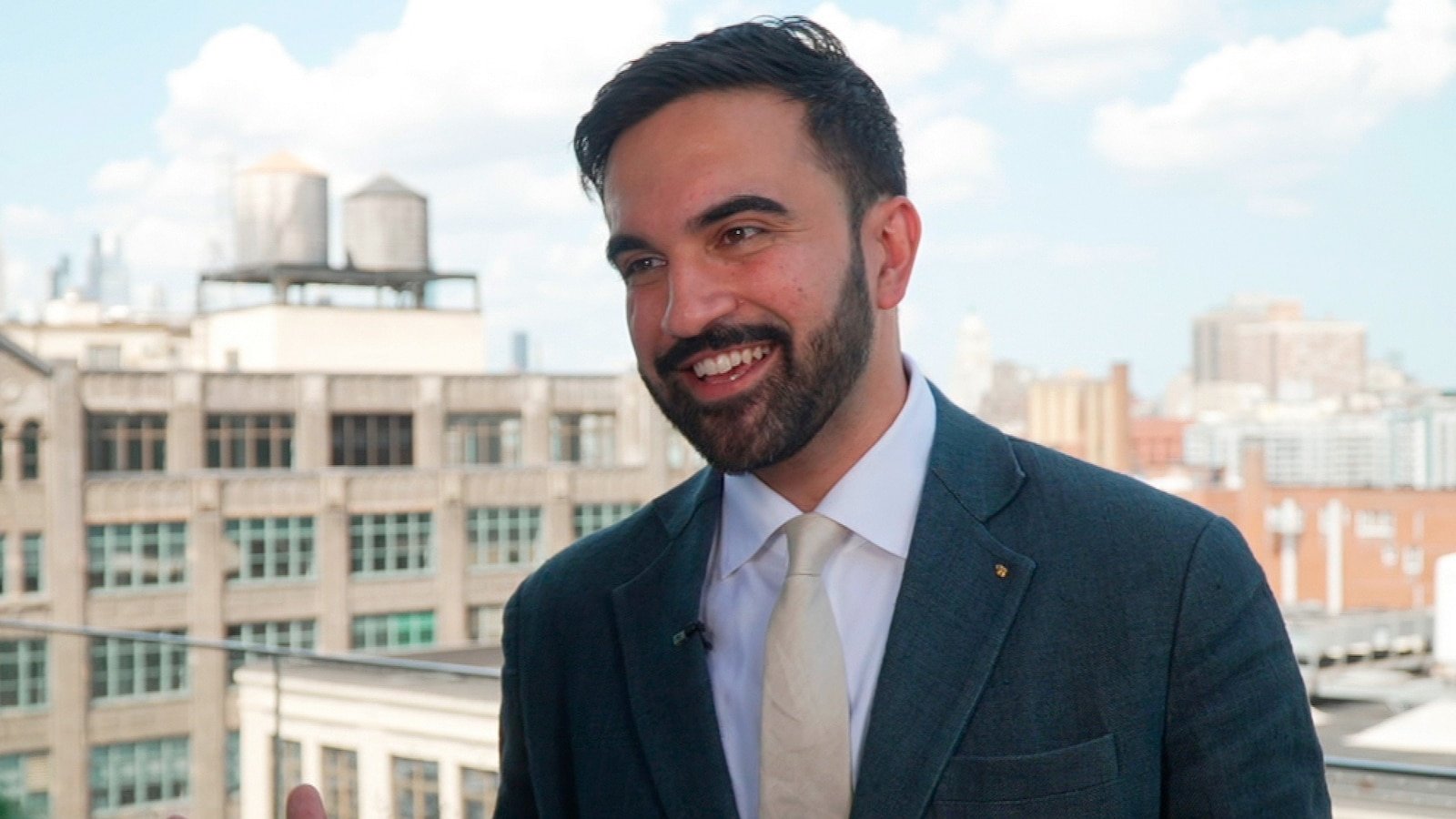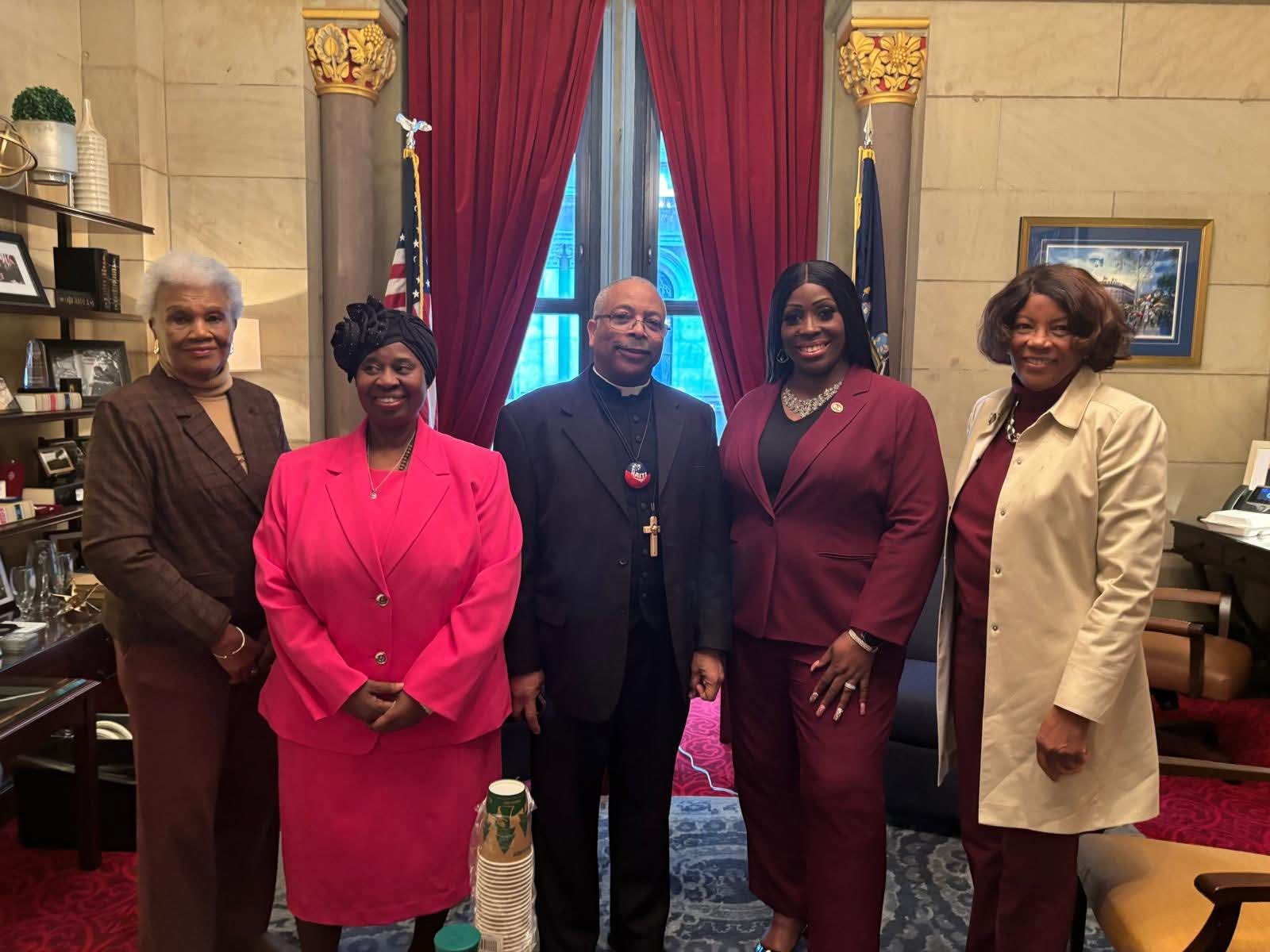
Human rights lawyer and constitutional activist, Malcom Omirhobo, has stirred conversation with his bold assertion that criticizing the State of Israel should not be equated with antisemitism.
In a strongly worded public statement, Omirhobo said, “It is not antisemitic to condemn Israel,” while defending Iran’s position in the ongoing regional tension between the two nations.
According to Omirhobo, expressing opposition to Israel’s alleged war crimes in Gaza or its military aggression toward Iran is a moral stand rooted in truth and international law, not hatred against Jews. “I am not antisemitic for criticizing Israel over her war crimes in Gaza. I am not antisemitic for standing with Iran against Israel’s unprovoked attack. I am not antisemitic for condemning the United States of America for bombing Iran,” he said.
He presented several arguments to support his stance, citing nuclear policy and regional conduct. Omirhobo pointed out that Iran is a signatory to the Nuclear Non-Proliferation Treaty (NPT) and allows inspections by the International Atomic Energy Agency (IAEA), while Israel has refused both. He highlighted that Israel reportedly holds between 75 and 400 nuclear warheads, whereas Iran has none.
He further alleged that Israel has repeatedly violated international law by occupying Palestinian, Syrian, and Lebanese territories through war and terror, while Iran has not engaged in any territorial aggression.
He said Israel poses a greater existential threat to Iran than the other way around and accused Israel of practicing apartheid, racism, and systemic ethnic cleansing against Palestinians—crimes he insisted Iran has not committed.
Omirhobo also criticized the perceived double standards in international justice, claiming that some Israeli leaders have been declared wanted for war crimes by global legal bodies, whereas no such charges have been made against Iranian leaders. He added that Israel has for over 40 years engaged in coordinated disinformation campaigns against Iran.
“Why is the whole world condoning Israel? Why are we afraid or shy to condemn it?” Omirhobo asked, urging global voices to speak truthfully and without fear. He concluded that standing with the oppressed and calling out injustice should not be silenced under the accusation of antisemitism.
His statement adds to the growing global discourse on Middle East politics, free speech, and the balance between legitimate criticism and hate speech, especially in times of armed conflict and geopolitical realignment.








